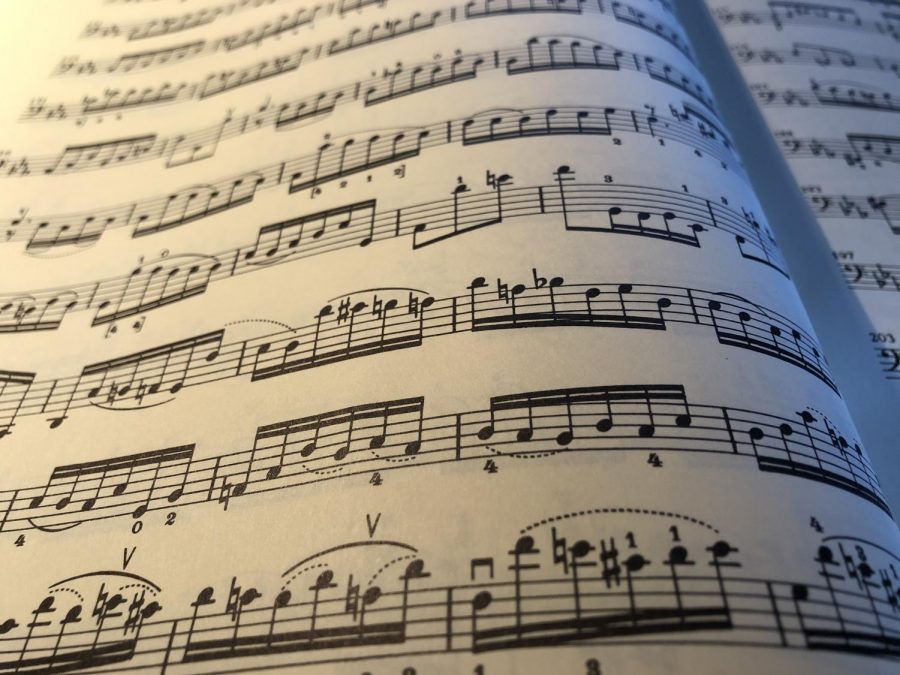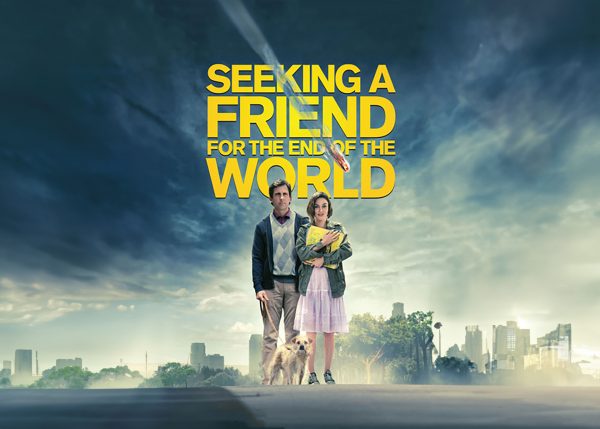So You Want to Listen to Classical Music
Where do you start?
It’s easy to get lost in classical music, so here are a few recommendations.
Like many others during the last eight months, I have taken up many new interests during my time alone at home. At the moment, my most prevalent interest is in regards to classical music. I have always loved many aspects of classical music but for some reason, my interest has grown over the last year to the point where I wanted to acknowledge it.
I’m aware that many people view classical music as pretentious, and I wouldn’t fault them. However, I would love to change some minds. It’s my goal in this article to introduce some of my favorite pieces of classical music in the hopes that the reader might enjoy them as much as I do.
Before I simply list compositions I have three disclaimers. The first is that I am in no way an expert on the genre of classical music; I simply enjoy listening to it and want to share that with others. The second is that most of these pieces are very well known, so if you already love to listen to classical music, you’ll probably find nothing new here. The third is that I’ve been playing the violin for some time, so I’m partial to pieces that highlight my instrument.
Without further ado, below is a list of my favorite pieces, each accompanied by a brief note.
Violin Concerto in E Minor (Mendelssohn)
Mendelssohn’s concerto is easily one of the most popular violin concertos in history and is definitely on the list of need-to-know compositions for all aspiring concert violinists. Personally, I love to listen to Hilary Hahn performing the entire thing when I need to focus.
Violin Concerto No. 1 in G Minor (Bruch)
Another famous concerto that every concert violinist will know. I’m sure there’s some interesting tidbit to add that I am unaware of; I just love the piece.
Violin Concerto in D Minor (Mendelssohn)
Similar to Mozart, Mendelssohn was a child prodigy and composed this piece at the ripe age of 13 years old. I like to imagine I could play it when I know full well it would take a year for me just to memorize the notes.
Requiem in D Minor (Mozart)
Mozart’s Requiem is famed for a number of reasons, one of which is the unusual circumstances that brought about the finished composition. Being that it was unfinished at the time of his death, Mozart’s wife had to lie to the commissioner in order to get the full payment and it led to a number of myths and theories surrounding Mozart’s death. Many think he wrote it for himself because he knew he was on his deathbed.
Symphony No. 9 in E Minor: “From the New World” (Dvořák)
Often called “New World Symphony,” this piece is one of the more famous symphonies out there. Apparently, Neil Armstrong had a tape recording of the symphony with him during the Apollo 11 mission.
Silent Woods Op. 68 (Dvořák)
I can’t say I have any fun facts for this piece. All I can say is that it’s been in my sleep playlist for years.
The Carnival of the Animals (Saint-Saens)
I think most people recognize the seventh movement, Aquarium, when they hear it but I can’t help recommending they listen to the other 13 parts.
Violin Concerto No. 2 in B Minor (Paganini)
I know very little about the history of this piece besides the fact that Paganini is known to have written some of the harder concertos for violinists and this piece is no exception.
Piano Concerto No. 1 in B-flat Minor (Tchaikovsky)
Personally, Tchaikovsky is my favorite composer after Mendelssohn, so I might be biased. But if you want a piece where you can hear a full story with a beginning, middle and end, this is the one.
Double Concerto for Violin and Cello in A Minor (Brahms)
I really don’t have much to say about this one. It’s on the list because cello and violin are my favorite orchestral instruments and I love minor keys.
Violin Sonata in F Minor (Mendelssohn)
This sonata is an excellent example of Mendelssohn’s less dramatic chamber music because although he wrote many expressly theatrical pieces, the majority of his repertoire is more similar to this piece.
String Quartet No. 1 (Janacek)
This composition was inspired by a novella called The Kreutzer Sonata, which was inspired itself by Beethoven’s Violin Sonata No. 9.
Partita for Violin Solo No. 1 in B Minor (Bach)
A very fast-paced piece that I’ve always thought works incredibly well to motivate one to practice the violin when they haven’t.
Etude Op. 25, No. 11 (Chopin)
I have no reason to love this piece as much as I do, but I think it has to do with the fact that I always imagine a dramatic cartoon character playing the piano when I hear it.
Jazz Suite No. 2 (Shostakovich)
Shostakovich is probably one of the most famous composers from the contemporary period and many will recognize his Jazz Suite, but as it turns out the original score was lost during WWII and was only discovered again in 1999.
Symphony No. 5 in D Minor (Shostakovich)
Another piece with no amazing backstory that I enjoy profusely. I feel like this piece is perfect for simply calming down and listening to some music.
It feels essential before this list is entirely over to mention that I also listen to an inordinate amount of movie soundtracks composed by John Williams, who I believe is the perfect example of why classical music will never go out of style. That being said, I thought it unnecessary to add any of those to this list seeing as you can always just go watch the movies that he has composed soundtracks for.
I certainly hope that the list above provides some new things to listen to for those interested and if not, perhaps you learned something you didn’t know before.

Amaya Brooks is a senior this year at Boulder High and a new addition to The Owl’s staff. She recently took an interest in journalism and hopes to explore the world of reporting more deeply this year. She looks forward to the new opportunities, skills and ideas that working as a staff writer on The Owl will give her and is excited to watch how the publication will adapt to the new world of masks and social distancing. Although a very opinionated person, she has no strong preference for green or purple grapes. Her only condition in regards to the fruit is that they aren’t mushy. Beyond that, she can often be found writing in her journal, attempting a new skill (this summer it was skateboarding),...







Joshua Kamphuis • Nov 18, 2020 at 3:58 pm
Quite a remarkable list, a few things however, first I’m frankly shocked that no composition by Beethoven makes the list. As the father of the romantic movement and the modern symphony, there are a countless number of pieces that would be perfect for new listeners. A short list of mine includes, Symphony No. 1, Symphony No. 2, Symphony No. 3 “Eroica”, Symphony No. 4, Symphony No. 5, Symphony No. 6 “Pastoral”, Symphony No. 7, Symphony No. 8, Symphony No. 9 “Choral”, Piano Concerto No. 1 in C, Piano Concerto No. 2 in B-flat, Piano Concerto No. 3 in C, Piano Concerto No. 4 in G, Piano Concerto No. 5 in E-flat, and the Violin Concerto in D to name a few. For the symphonies both Dudamel and Karajan are acceptable standards. Second, I’m so pleased that you included Bruch no. 1 and the Brahms Double. Both I consider to be fairly understated when compared to pieces like the Tchaikovsky and Sibelius Violin Concertos. Third, for new listeners I would like to point out Hilary Hahns Solo Bach album as it’s far and away the number one recording of the material. Her tone and phrasing flows so smoothly out of her Vuillaume. It is perfect for quiet contemplation or late night reading. Last, I would not describe Shasty five as calming. The fourth movement is so filled with excitement that listening to it practically makes me want to revolt against the communist party, but silently, through small hints in music that say a big FU to Stalin.